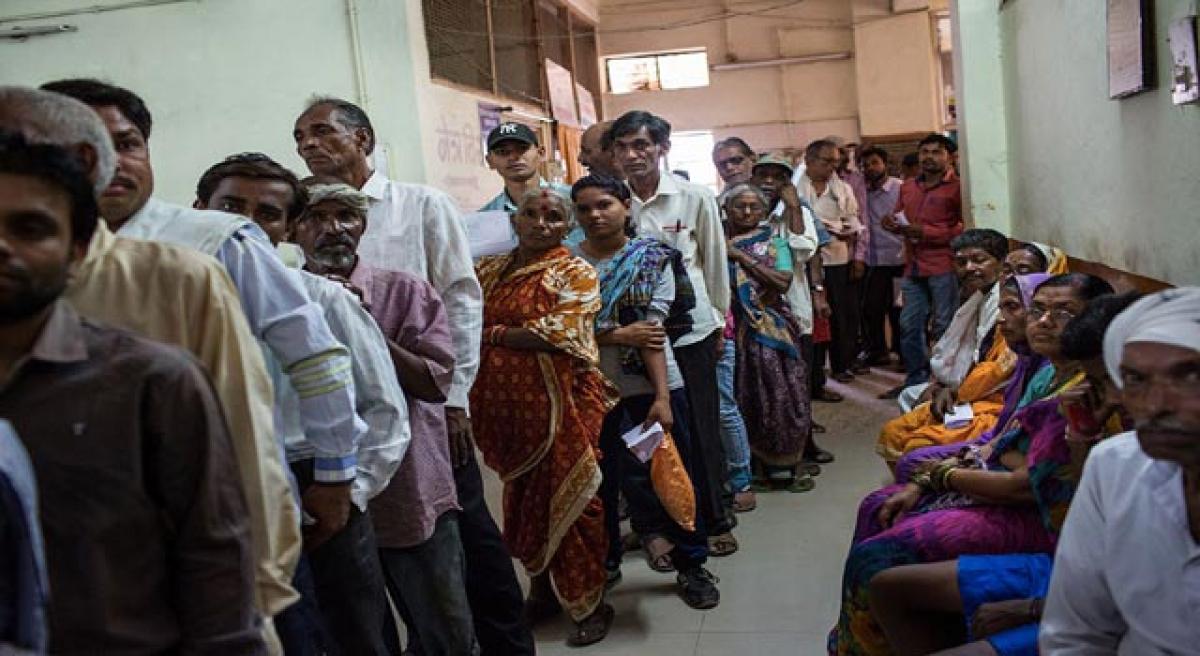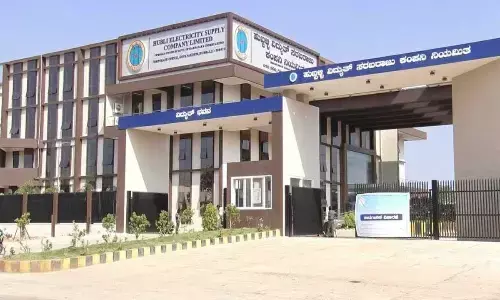Health policy goals may not be met

Health has never been a national priority and it is one reason why we have the highest number of women dying during childbirth and under-five mortality rates, former Union Health Secretary K Sujatha Rao wrote in her recently-published book \"Do We Care? Indias Health System.\"
Health has never been a national priority and it is one reason why we have the highest number of women dying during childbirth and under-five mortality rates, former Union Health Secretary K Sujatha Rao wrote in her recently-published book "Do We Care? Indias Health System."
Drawing on two decades of work in public health, Rao favours increasing the health budget, greater use of technology and providing leadership and good governance for better healthcare. In an email interview with IndiaSpend, Rao said that with the level of under-funding for health and crowding in of ambitious targets, India will not meet the National Health Policy 2017 targets.
Public health spending is 1.16 per cent of GDP while the World Health Organisation (WHO) recommends spending five per cent of GDP. National Health Policy 2017 talks about increasing the spending to 2.5 per cent by 2025 but India has not met the 2010 target of two per cent of GDP.
On why India’s public spending remains so low, Rao says it is for three reasons: First, lack of political will and the absence of political philosophy that places an individual's health, well-being and education as being central to the development process.
Our mindset is still wired to flyovers and fast trains. Second, the absence of accompanying reforms in the direction of decentralisation, flexibility and greater accountability to enable quicker absorption of funds and utilisation. Thirdly, on the macro-level, we are not collecting enough taxes and have competing demands and liabilities that have constricted space for increasing resources for health.
Q: Most of the health targets mentioned in National Health Policy 2017 are the same as in 2002, which were supposed to be met in 2010. Most targets have been repackaged with new deadlines. What has gone wrong? She opines that, “We will not meet these targets either… not with the level of funding proposed and the crowding in of too many ambitious targets, indicating an absence of prioritisation. I see no shift in strategy that could accelerate the process for achieving the targets within the time-frame suggested. Our public health systems are too weak to fulfil the many demands being placed on it.”
PPPs work when the risk is shared. They fail when it is a one-sided game with all benefits taken by one partner and all risks borne by one. PPPs in the health sector seem to be more like the latter case. Purchasing of health services is based on a contract that is a legal document.
So, when you have restricted budgets and contractual obligations, spending priorities get dictated by the legal commitments and not what is in the immediate interest of the people. Thirdly, the "gap" is more a huge hole. Private sector is the dominant provider. So, if there has to be a real PPP based on a level playing field, the public sector has to be strengthened.
Lack of understanding or perhaps a belief that illness is our fault. Besides, in a very poor country still struggling for basics, health is not a priority -- access to water, food and basic incomes to survive are.
By Swagata Yadavar










